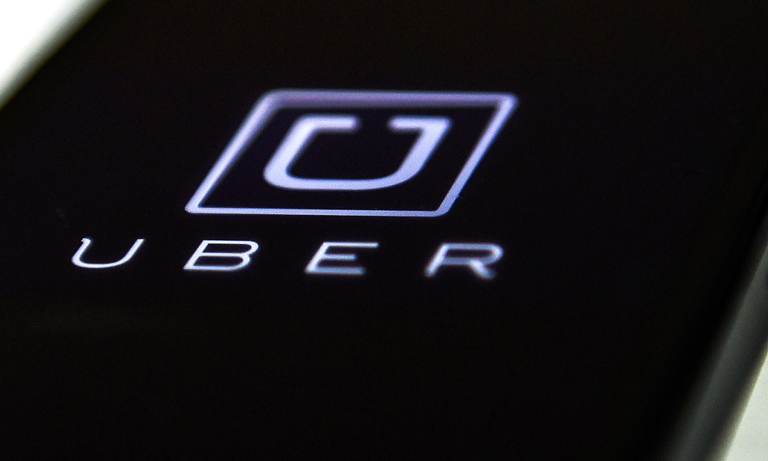 Uber has lost an appeal against a 2016 employment tribunal ruling
Uber has lost an appeal against a 2016 employment tribunal rulingRide-sharing platform Uber is to launch an appeal after a landmark employment tribunal ruling upheld that its drivers should be classified as employed workers rather than self-employed contractors.
The 2016 tribunal ruling had wider implications for the so-called ‘gig economy’ and there are now suggestions that overturning this ruling could lead to Uber’s business model expanding into other sectors.
In October 2016, two London-based Uber drivers, Yaseen Aslam and James Farrar, took the US firm to the employment tribunal. They launched their case on behalf of 19 drivers who claimed they were Uber employees and therefore entitled to certain employment rights, such as the minimum wage. The drivers argued that they felt pressurised to take jobs, faced repercussions if they cancelled a scheduled pickup, and generally had their working arrangements ‘controlled’ by Uber.
Uber’s argument that it simply provided a technology platform and that drivers were free to work when and where they chose was rejected by the tribunal. The ruling was seen as significant and far-reaching, with other Uber drivers and workers in the wider gig economy who are classified as self-employed expected to launch similar cases; indeed, several courier firms faced claims that their workers were employees who should have basic employment rights.
Under the gig economy model, workers are matched with customers via a common platform, with the operator of the platform taking a commission from the workers’ wages. Aside from individual employment rights, there are increasing concerns over how much this model costs the Treasury.
Estimates from Citizens Advice suggest that nearly 500,00 workers could be falsely classified as self-employed, equating to the loss of over £300m in national insurance contributions and employment taxes annually.
In response to these concerns, MPs launched an inquiry into modern working practices and HM Revenue & Customs established a unit that investigates firms and the employment status of workers. Delivery firm Hermes was one high-profile name in the firing line over complaints that workers were paid poorly.
Now, following an unsuccessful tribunal appeal, Uber has launched an appeal in the courts, arguing that its practices resemble those long-established by the private hire industry. Uber simply operates as an agent between the driver and the customer who wants to hire its services for a ride, according to the company’s barrister, Dinah Rose QC.
The start of the court case attracted a sizeable demonstration, with people showing their support for Farrar and Aslam. Should the tribunal ruling be overturned, there is a danger the gig economy model could spread, Farrar warned, with Uber already expanding into areas such as food delivery.
Meanwhile, there have been calls by Frank Field, the chairman of the work and pensions select committee, for London and other UK cities to follow New York in requiring ride-sharing platforms to introduce fair pay and conditions for drivers. This would demand a change to the current legislation.
It remains to be seen which way the court of appeal will rule; however, it is clear that the contentious issue of worker status and the associated employment rights in the gig economy continues to attract much attention from workers, companies and the government.








